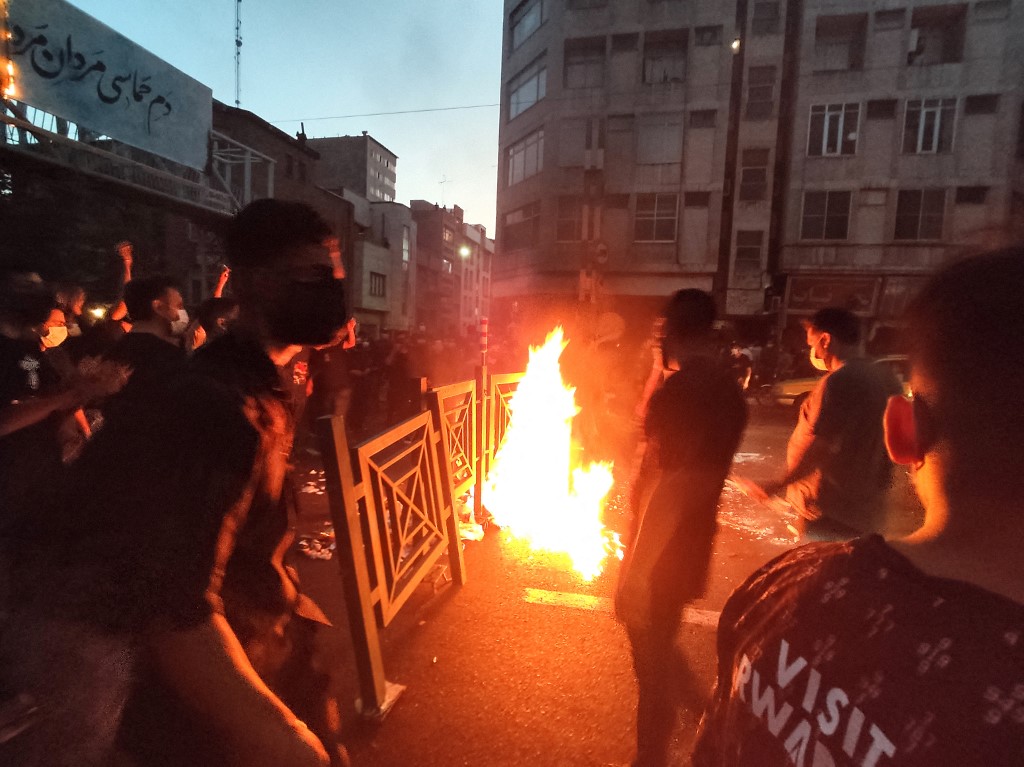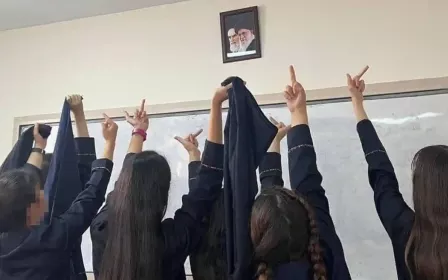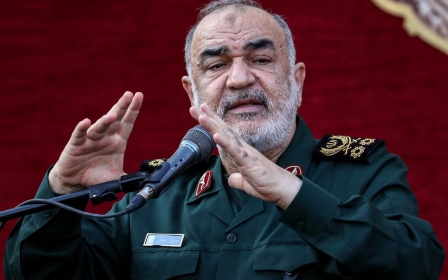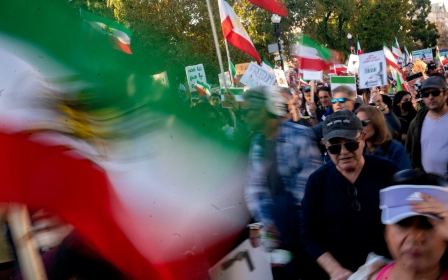Iran: More and more officials are suggesting reform to appease protesters
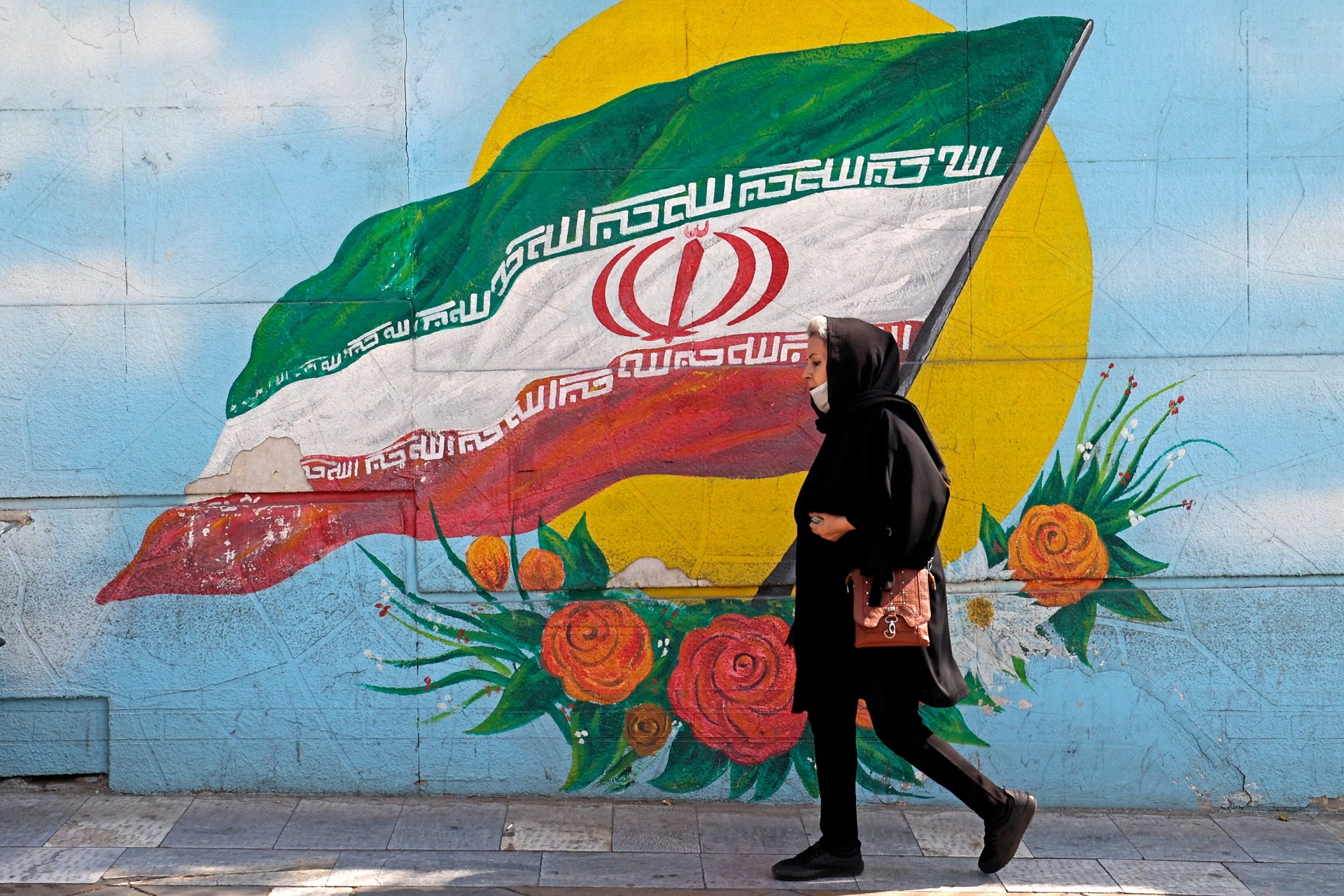
Two months of unprecedented protests against Iran’s hijab law and so-called “morality police” have prompted leading officials to suggest that the Islamic Republic’s longstanding policies on women’s dress could be reformed.
Walking down the streets of Tehran, a lot of young women can now be seen without headscarves. Some do wear them, but only rest them on their shoulders.
This phenomenon still attracts surprised looks, but day by day the sight of women without hijabs is nonetheless turning into a new normal, with police noticeably keeping their distance.
Fahimeh, who is in her 20s, told Middle East Eye: “Our generation isn’t going to wear hijab anymore unless we reach the stage of having faith in it, whether the government likes it or not. We won’t let them take this freedom away from us.”
According to rights groups, more than 300 people have been killed in protests since 22-year-old Mahsa Amini died in police custody after being arrested over her hijab.
“This freedom is the result of the sacrifice of many of my generation who took to the streets and were killed. So we will always cherish and protect it,” added Fahimeh, who now wears her scarf on her shoulders in public.
Establishment figures speak up
Ali Larijani, an adviser to Supreme Leader Ayatollah Ali Khamenei and the former moderate parliament speaker, has suggested that hijab enforcement could go the way of satellite dishes.
Thirty years ago, Iranian police would storm people’s homes to remove satellite dishes that beamed unauthorised Persian channels onto their TVs, which were outlawed by parliament.
But after two decades of relentless intrusion, more and more dishes could be seen on Iranian roofs.
Eventually, authorities simply gave up, turning a blind eye to the satellite dishes without actually repealing the law.
“Regarding the hijab law, we should act like the law of satellite dishes ban,” Larijani said last month.
Meanwhile, Ezzatollah Zarghami, a conservative figure, and tourism minister told a group of students: “Today, our young girls and students walk in the street without headscarves. So what? Did the lack of hijab destroy the revolution and the system?”
'Reform is needed, and we should undergo it now'
- Ezzatollah Zarghami, tourism minister
He added: “Reform is needed, and we should undergo it now.”
Some opponents of the Islamic republic, and even people within it, have speculated that backing down on Iran’s strict regulations on women’s dress could begin the unravelling of the Iranian ruling system.
However, Zarghami, who is considered an influential establishment figure, insisted taking a step back would not destroy the Islamic republic.
“There are three groups of opponents [to reforms]: some who don't understand at all, some who benefit from the status quo, and some who seek to gain the approval of the Guardian Council,” he said, referring to the conservative body that vets candidates in presidential and parliamentary elections.
Zarghami is not the only conservative voice urging change.
Parliament Speaker Mohammad Baqer Qalibaf has also spoken of the need for reform - as well as an end to protests.
Meanwhile, conservative MP Jalal Rashidi Kouchi said a decision had been made to undergo some reforms in the political system, “but the situation is inflamed and we are waiting for the atmosphere to calm down to take these measures”.
“We must have made mistakes,” he conceded.
Will any reform happen?
These are reassuring words to the many Iranians that seek a better quality of life for women and an end to the draconian measures they live under. But can they be trusted?
“I’m not sure to what extent the conservatives are telling the truth or this is just a ploy to calm down the situation,” a political journalist at a Tehran-based newspaper told MEE, speaking on condition of anonymity for security reasons.
“Zarghami or Qalibaf are among the moderates of the current hardliners in power, but they have no power to make positive changes. Larijani is also out of power, as he was even banned from the presidential race.”
In the end, the journalist said, it will be Khamenei’s decision alone. “But it would be great if they continue letting young women come out without wearing hijab. That’s a very good step. Things will get clearer in the next few weeks.”
A former conservative establishment figure told MEE that these recent statements indicate there “there have been discussions going on in some important circles”.
“But, to me, it is still not clear if they can overcome the opposition of ultra-conservatives who are more powerful in the establishment,” the source said.
“The establishment has reached a turning point. They have to decide whether to enforce their version of sharia fully or submit to the demands of the society, at least to some extent, just like now police forces do not ask young women to cover their hair.”
This article is available in French on Middle East Eye French edition.
Middle East Eye propose une couverture et une analyse indépendantes et incomparables du Moyen-Orient, de l’Afrique du Nord et d’autres régions du monde. Pour en savoir plus sur la reprise de ce contenu et les frais qui s’appliquent, veuillez remplir ce formulaire [en anglais]. Pour en savoir plus sur MEE, cliquez ici [en anglais].


